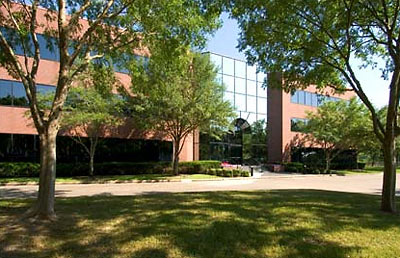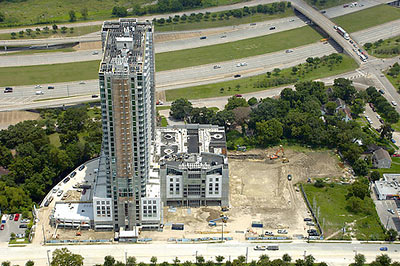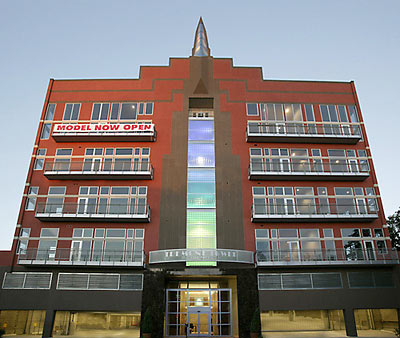
So much excitement at the West Oaks Mall! Don’t worry, it likely won’t be foreclosed on—because the owners of the super-regional mall at Westheimer and Highway 6 have now declared bankruptcy. This is bad news for about 340 investors who were hoping to recoup 1031-exchange funds that went missing in the middle of their transactions. They’ll likely lose more than $150 million dollars . . . and possibly be required to pay taxes on the gains they made (and were hoping to shield with the 1031 exchange) . . . before they lost them.
Their money was to be held in escrow accounts for when they came back to conclude the back-end purchase of their tax-free exchange. When that time came, the money was gone.
Now, one of the largest of those assets that creditors had hoped could be used to recoup some of their money is untouchable.
IPofA West Oaks Mall LP, IPofA West Oaks LeaseCo LP and IPofA WOM Master LeaseCo LP (collectively, the “West Oaks Debtors”), filed voluntary petitions under chapter 11 of the Bankruptcy Code in the U.S. Bankruptcy Court for the Eastern District of Virginia, Richmond Division, last week.
The West Oaks Debtors are directly and/or indirectly owned and/or controlled by Edward H. Okun, a controversial investor who also controls several 1031 qualified intermediaries under the umbrella firm of The 1031 Tax Group LLC that are also currently tied up in bankruptcy proceedings.
Shopping’s still good, though!
1031 exchange investors: watch where your money goes.
- Mall Bankruptcy Complicates 1031 Investors’ Problems [CoStar Group]
Photo: West Oaks Mall





